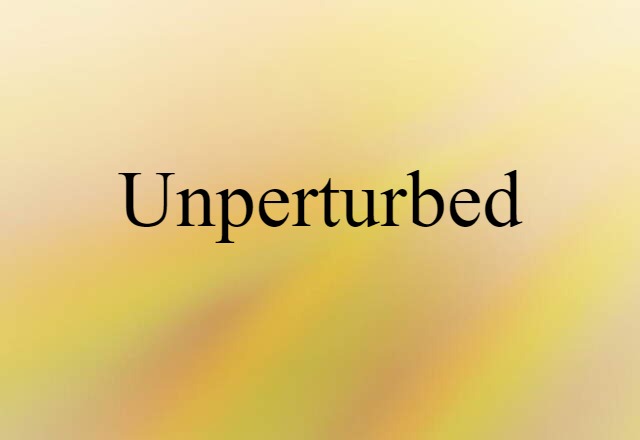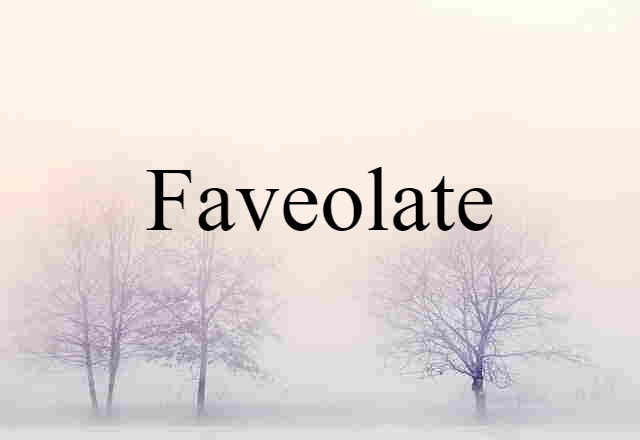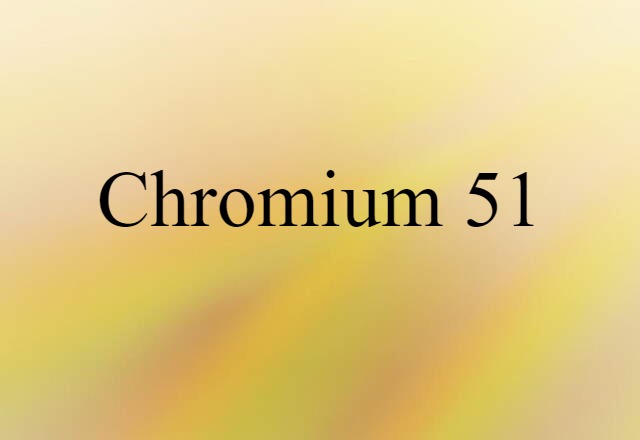- Astronomy.
- the obscuration of the light of the moon by the intervention of the earth between it and the sun(lunar eclipse ) or the obscuration of the light of the sun by the intervention of the moon between it and a point on the earth (solar eclipse ).
- a similar phenomenon with respect to any other planet and either its satellite or the sun.
- the partial or complete interception of the light of one component of a binary star by the other.
- any obscuration of light.
- a reduction or loss of splendor, status, reputation, etc.: Scandal caused the eclipse of his career.
- to cause to undergo eclipse: The moon eclipsed the sun.
- to make less outstanding or important by comparison; surpass: a soprano whose singing eclipsed that of her rivals.
- the total or partial obscuring of one celestial body by another. A solar eclipse occurs when the moon passes between the sun and the earth; a lunar eclipse when the earth passes between the sun and the moon
- the period of time during which such a phenomenon occurs
- any dimming or obstruction of light
- a loss of importance, power, fame, etc, esp through overshadowing by another
- to cause an eclipse of
- to cast a shadow upon; darken; obscure
- to overshadow or surpass in importance, power, etc
















